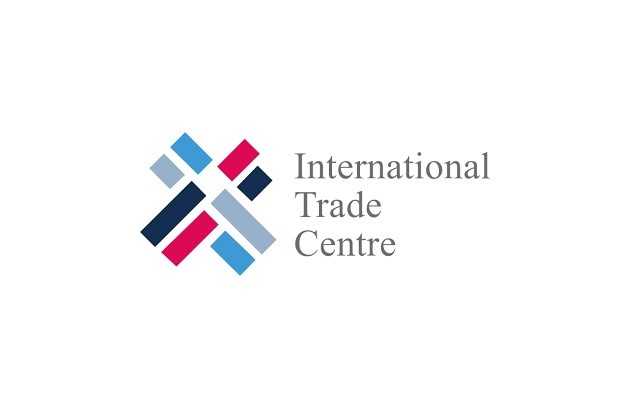GENEVA, Switzerland – Professionals from environmental sustainability, energy and the coffee sectors attend Training of Trainers workshops in Kenya and Rwanda. Eric Matabaro from Real Bridge Systems, a Rwanda advisory firm that supports sustainable agriculture practices expressed excitement at gaining new insights: “I will use the knowledge gained to train my clients in coffee who are implementing circular food system in their operations.”
And, Mijele Washington from the State Department of Trade, Ministry of Investments, Trade and Industry Kenya said:
“The training is critical as it fosters sustainable production which is in line with the climate adaptation and mitigation measures – a high priority at the national and global level”.
Eric and Mijele were among over 30 experts in Kenya and over 20 in Rwanda, who attended two Training of Trainers (ToTs) on the International Trade Centre’s (ITC) Resource Efficiency and Circular Production (RECP) coaching methodology held in May and June respectively.
Drawn from a diverse cohort of professionals, the ToT participants belonged to environmental sustainability, energy and the coffee sectors.
The sessions aimed at training local experts on the coaching methodology to be used in individual coaching to MSMEs.
Customized to the needs of small businesses, ITC coaches work directly with companies to evaluate their resource use and management, assess gaps and develop a strategy outlining cost-benefit analyses of RECP measures.
Participants were introduced to the RECP coaching programme and its benefit for companies, as well as the first steps of the coaching methodology. Participants also learnt about analysing costs and benefits of prioritized measures.
They also benefited from guest presentations from the Centre for Circular Economy in Coffee, Dedan Kimathi University of Technology (Coffee Technology Centre), the Africa Circular Economy Network – Rwanda Chapter and a former ITC RECP coach on RECP practices in the coffee sector.
Earlier in May, the ITC Trade and Environment Programme kicked off the coaching programme on RECP, which supports MSMEs to strengthen their competitiveness through the adoption of resource efficient and circular practices.
The coaching component builds the capacity of MSMEs in practices to optimize resources including water and energy management and use, and to identify circular production opportunities. These practices result in cost savings, enhanced productivity, reduction of greenhouse gas emissions over a multi-year process and contributes to regulatory and standards compliance.
These efforts build on the achievements under EU-EAC MARKUP Phase I, during which ITC trained MSMEs in tea and coffee value chains in Uganda, Kenya, Tanzania and Burundi. In 2024, ITC will coach coffee processing MSMEs in Kenya, Rwanda and Uganda.
Following the training, ITC also launched an expression of interest for coffee sector MSMEs interested in participating in the coaching programme.
About EU-EAC MARKUP II
The European Union (EU)- East African Community (EAC) MARKUP II funded by the EU, aims to enhance economic development in the EAC through sustainable intra-African and EU-Africa trade. Focused on improving livelihoods, employment, and export competitiveness for MSMEs, the program supports the development of key export-oriented value chains as well institutional support in the six MARKUP II EAC recipient partner countries. MARKUP II will promote exports and investment through addressing trade barriers, value addition, quality compliance, trade facilitation and technology transfer.
It is implemented by the International Trade Centre in collaboration with the EAC Secretariat and national partners in the recipient countries.


















